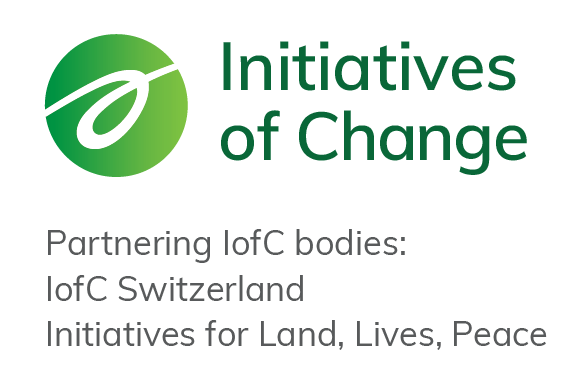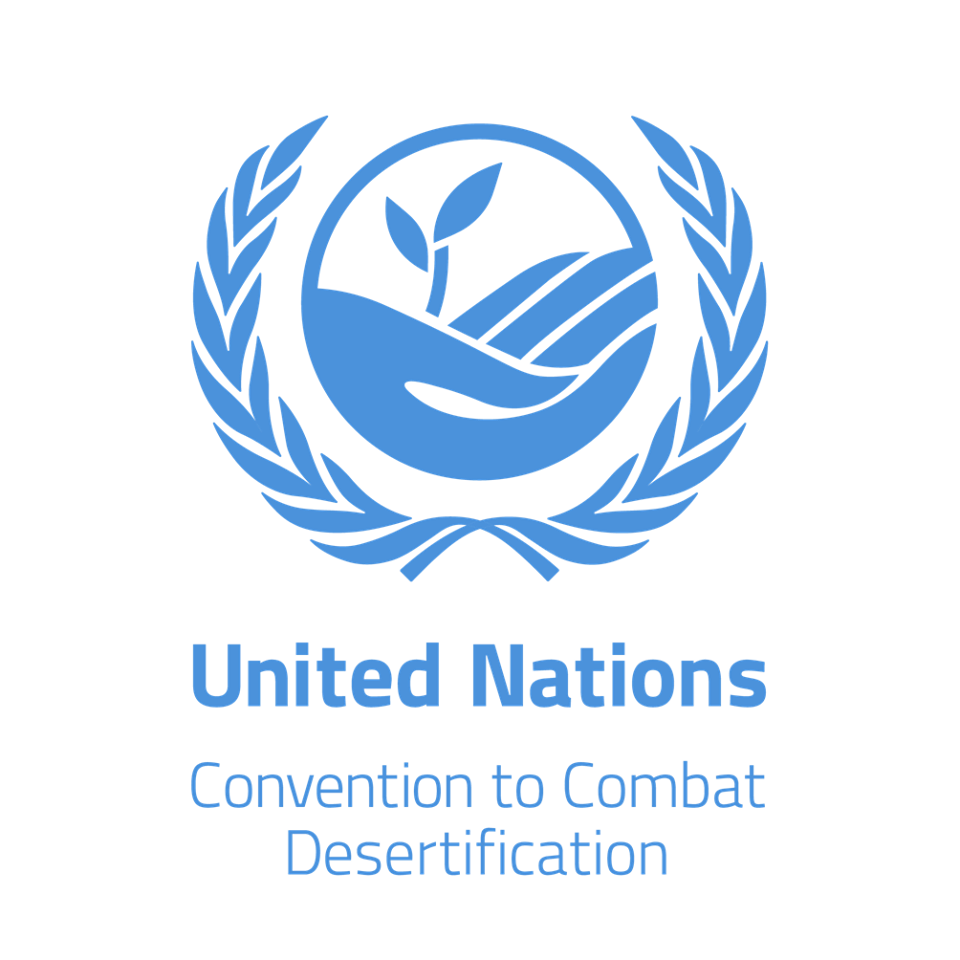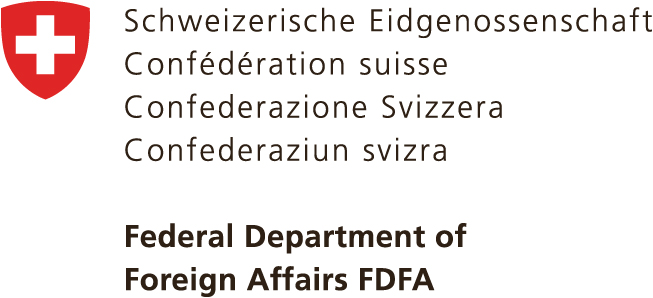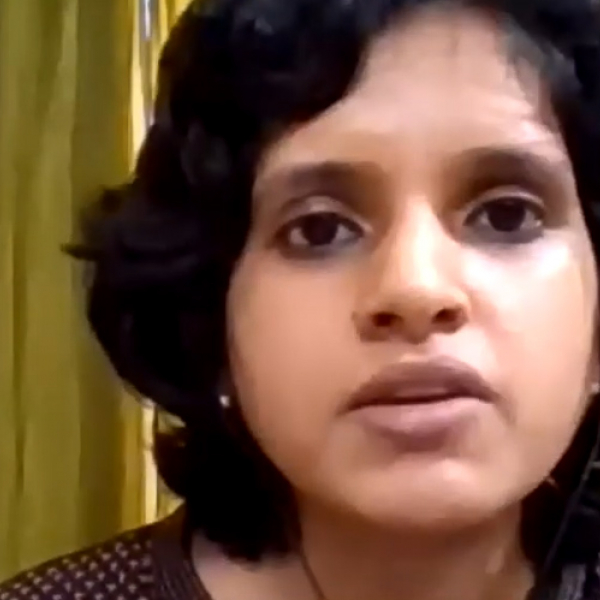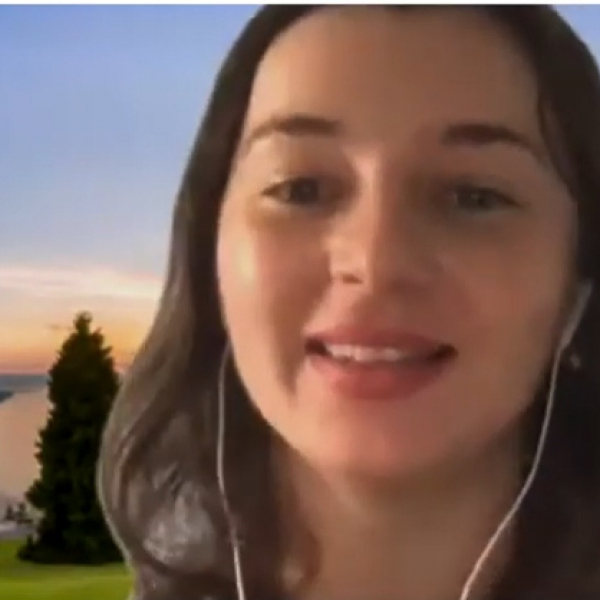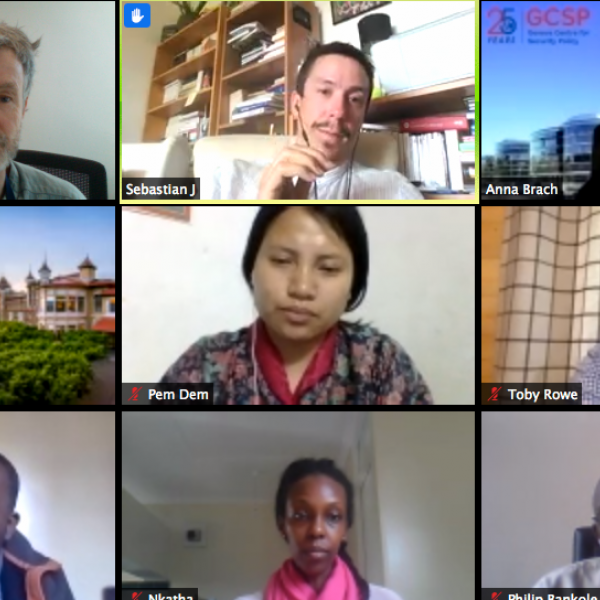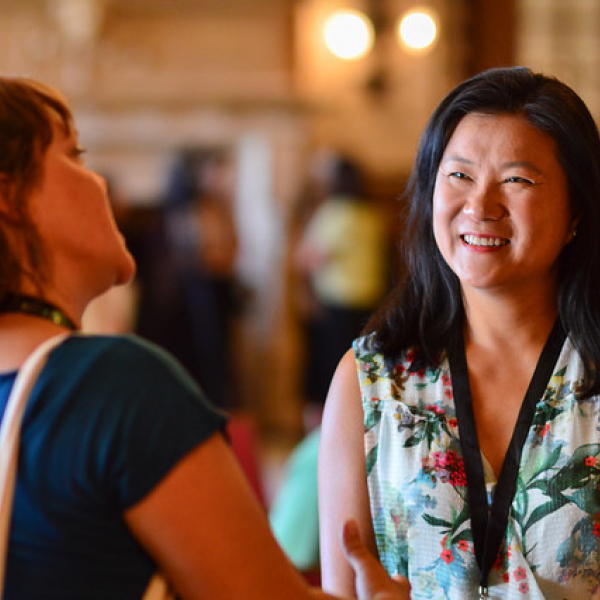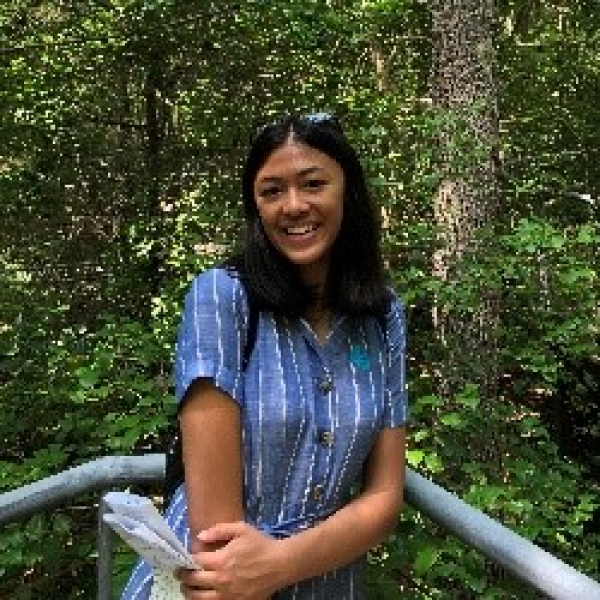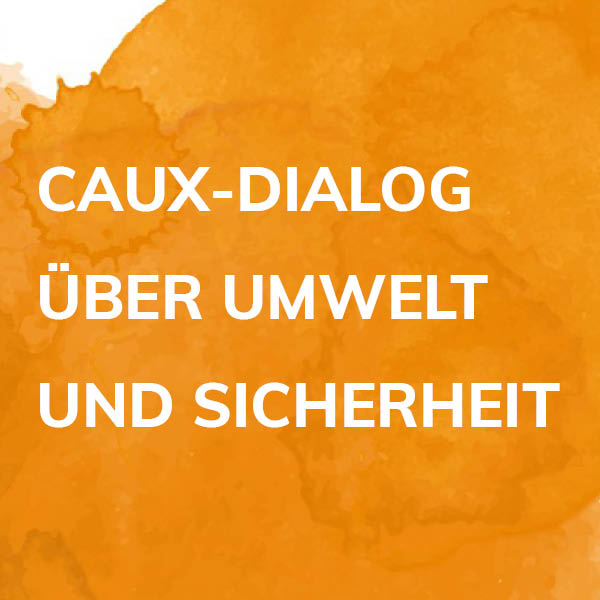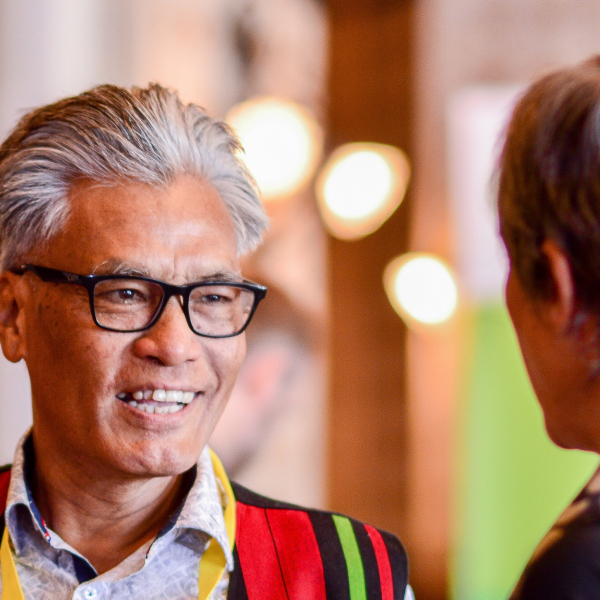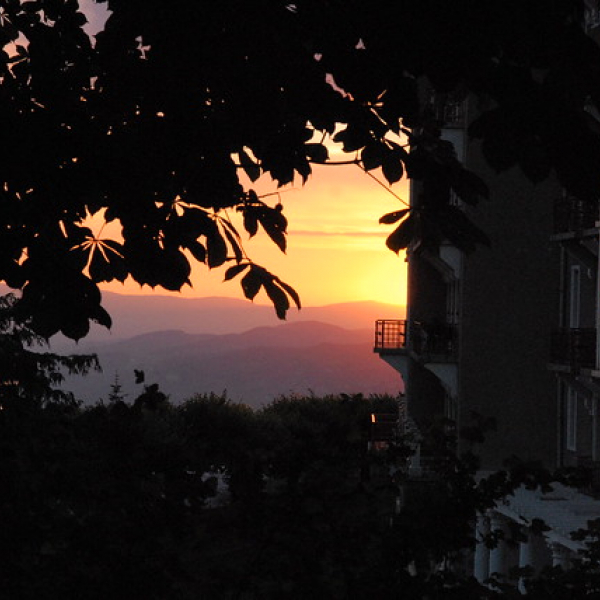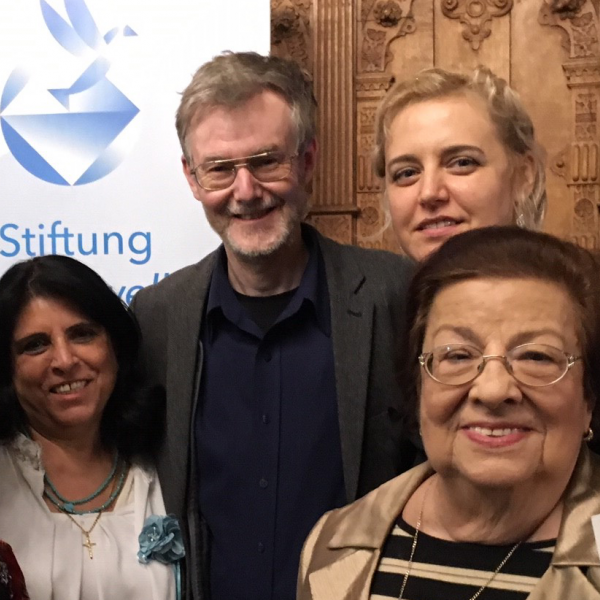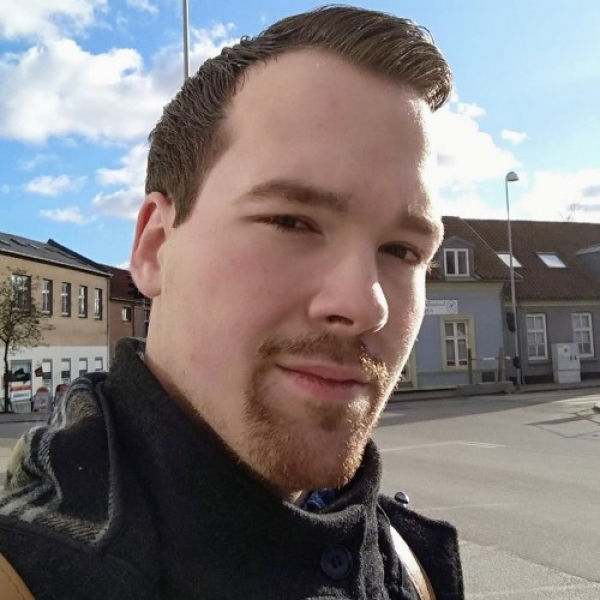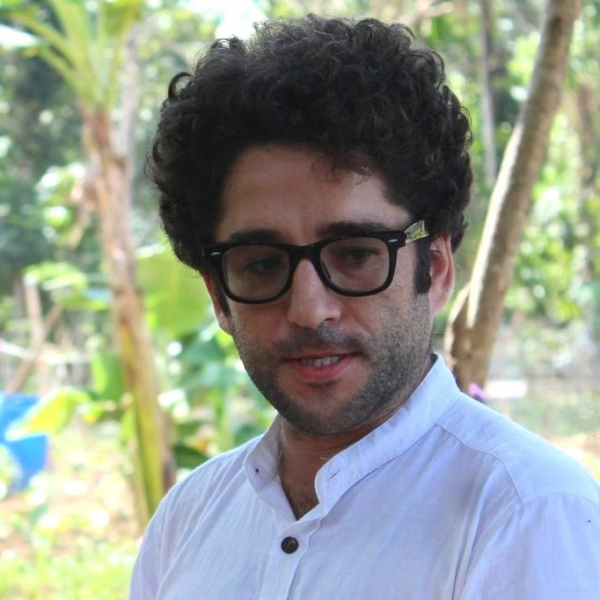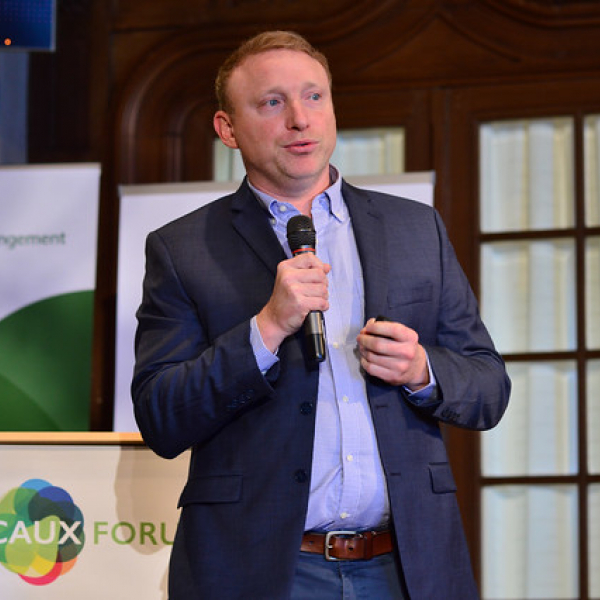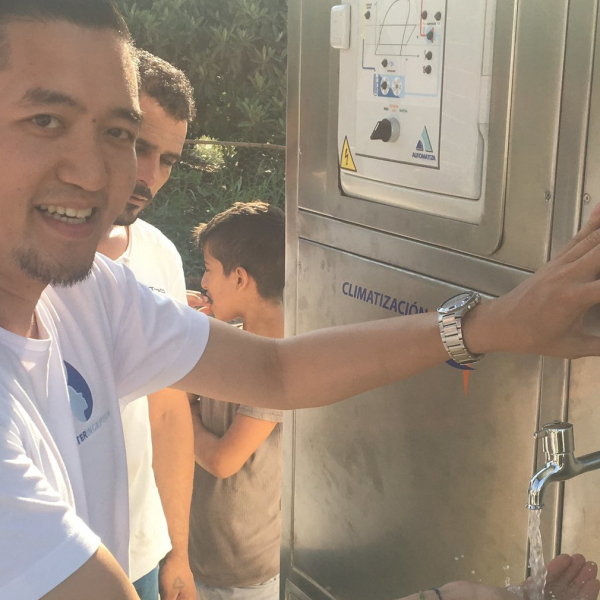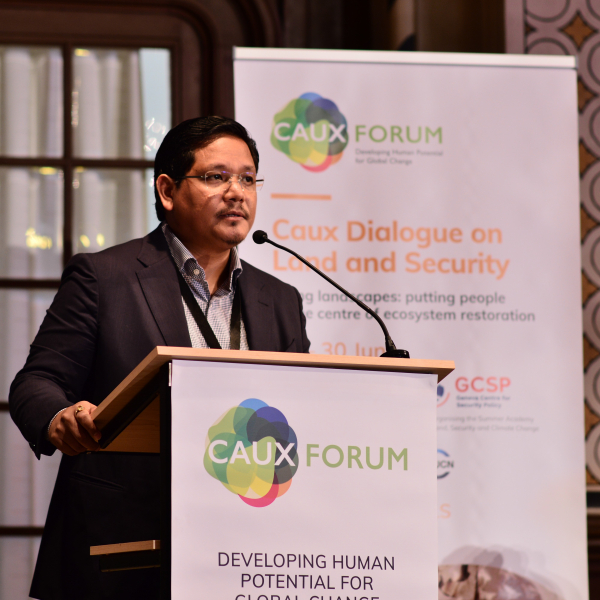
Land und Sicherheit in Subsahara-Afrika: Bewertung der Risiken und erste Lösungsansätze
Caux-Dialog über Umwelt und Sicherheit
15:00 (CEST)
Für viele Gemeinschaften in Subsahara-Afrika entfaltet sich ein Drama. Unter dem Druck einer wachsenden Bevölkerung, des sich ändernden Klimas und teilweiser Misswirtschaft wird fruchtbares Land immer knapper. Die Menschen werden ärmer und junge Menschen suchen nach einem scheinbar besseren Leben in der Stadt, in Europa oder treten bewaffneten Gruppen bei.
Dieser Workshop im Rahmen des Caux-Dialogs über Umwelt und Sicherheit befasst sich mit der Evaluierung von Risiken und macht sich auf die Suche nach Lösungsansätzen.
Der Workshop findet in französischer Sprache statt. Mehr Informationen finden Sie hier.
zurück
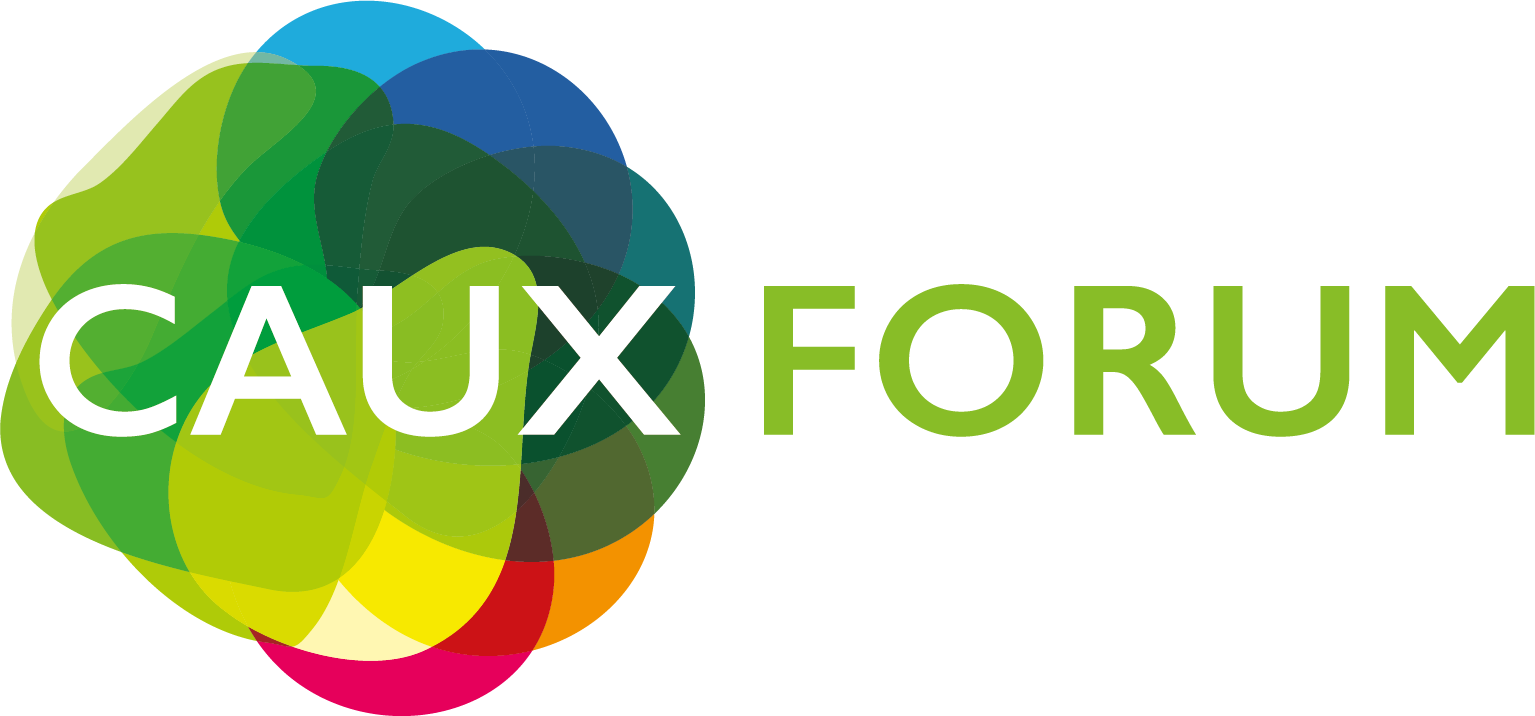
Caux Dialogue on Environment and Security - Programme
-
1 - 4 July: Panels
-
5 - 19 July: Workshops & Community Building
programme
Mittwoch, 01. Juli
Climate change and land degradation pose potentially devastating threats to human security. Can we anticipate future scenarios? What will it take to respond accordingly? Three global experts from France, Nepal and UK shed light on questions that will affect the future of humanity.
With:
- Dr Thomas Gauthier, Professor of Strategy, Emlyon Business School, France
- Oli Brown, Associate Fellow, Chatham House (The Royal Institute of International Affairs) and Geneva Centre for Security Policy (GCSP)
- Dr Bishnu Raj Upreti, Advisor, Nepal Centre for Contemporary Research, Kathmandu
Chair:
- Anna Brach, Head of Human Security, Geneva Centre for Security Policy
Donnerstag, 02. Juli
From villagers replenishing groundwater in India to pastoralists mapping land rights in Darfur; from farmer-managed natural regeneration in Niger to communities managing wildlife in Namibia: durable solutions are based on effective community action. Meet practitioners from Australia, India, Namibia and Senegal who are leading the way in catalyzing community-based solutions.
With:
- Oumar Sylla, Acting Director for the Regional Office for Africa in the United Nations Human Settlements Program (UN-Habitat)
- Tony Rinaudo AM, Senior Climate Action Advisor, World Vision Australia
- Maxi Louis, Director of the Namibian Association of Community-Based Natural Resource Management Support Organisations (NASCO)
- Dr. Himanshu Kulkarni, Executive Director, Advanced Center for Water Resources Development and Management (ACWADAM), India
Chair:
- Louise Brown, Climate Finance Specialist, Namibia
This plenary will dive into the challenges and opportunities for sustainability in the pharmaceutical industry, in the context of COVID 19. We will draw on diverse perspectives from industry and civil society on the sustainable production and consumption of medicines. The dialogue will highlight antibiotic resistance as one of the most pressing challenges facing the world. Lastly we will touch upon technical, political and legal solutions and explore how we can use the current crisis to transform the sector by building a more transparent supply chain.
With:
- P Niroop Reddy, Environmental Lawyer, Advisor to EnvirohealthMatters
- Cecilia de Pedro, Head of Sustainability, Apotek Hjärtat
- Bengt Mattson, Policy Manager, Swedish Association of Pharmaceutical Industry
- Nicolai Schaaf, Programme Manager, Swedish Water House, SIWI (Stockholm International Water Institute)
Moderator:
- Rishabh Khanna, Executive Committee, Initiatives for Land, Lives and Peace
Freitag, 03. Juli
Global resources are streaming into efforts to mitigate and adapt to climate change. How can such efforts benefit the world’s poorest? Expert practitioners and scholars from the African Development Bank, Earthbanc and pioneering academic centres will share insights and prospects.
With:
- Gareth Phillips, Manager, Climate and Environment Finance Division, African Development Bank
- Chau Duncan, Chief Operating Officer, Earthbanc, Australia
- Rishabh Khanna, Executive Committee, Initiatives for Land, Lives and Peace
- Dr Dhanasree Jayaram, Assistant Professor, Manipal Academy of Higher Education, India
Chair:
- Dr Irina Fedorenko, Managing Director Caux Dialogue on Environment and Security
Montag, 06. Juli
The Eastern Himalayan region stretches across two biodiversity hotspots and over 220 indigenous communities, prompting a battle for resources where human aspirations threaten the region’s biodiversity. The Rural Futures model reconciles these human and biodiversity needs through promoting habitat-mediated livelihoods for indigenous communities, thereby alleviating the economic incentives to destroy habitats. The programme enhances natural assets, creating a system for sustainable natural capital optimization that builds the capacity of indigenous communities to become stewards of their natural inheritance. In the long term, sustainable liquidation of this natural capital will facilitate the delivery of universal basic assets to forest-fringe communities.
With:
- Ranjit Barthakur, Founder & President, Balipara Foundation
- Saurav Malhotra, Rural Futures, Co-Founder & Designer, Balipara Foundation
Moderator:
- Dr Bremley Lyngdoh, Founder and CEO Worldview Impact Foundation, ILLP
Dienstag, 07. Juli
Build your future world and retrocast back to today – a method for designing your life, business or community. This process will help you create and take action on a strategy for developing regenerative ecosystems. With others, you’ll frame a challenge to identify current barriers, project into the future, build your ideal world and work backwards from that future to create a plan for getting there. Create a vision for your future, a plan for getting there, an inspired sense of direction and a new tool for your innovation toolbox.
With:
- Robert Suarez, Founder and Director of the Forest Venture Lab
- Dr Lauren Fletcher, Co-founder BetaEarth
- Greg FitzGerald, Principal at Venture Stem
Moderator:
- Dr. Irina Fedorenko, Managing Director Caux Dialogue on Environment and Security
Mittwoch, 08. Juli
Land degradation springs from the interplay between the degradation of traditional management systems, ignorance of modern insights into restoration science, poor governance and competing claims. We tend to associate such conditions with poor countries, yet they can also affect the world's richest nations. Join this workshop to learn about the latest developments in the relationship between land degradation and exile, to discuss how EU environmental policy can effect change globally and to witness astonishing innovations in areas ranging from the rich temperate soils of Belgium to the most degraded landscapes on Earth, the saline flats of desert shores and the shifting boundaries of the Sahel and the Sahara.
With:
- Dr Humberto Delgado Rosa, Director for Natural Capital at the European Commission’s Directorate-General for the Environment
- Dr Papa Faye, Executive Secretary of Centre d'Action pour le Développement et la Recherche, Senegal
- Josef Garvi, Founder and CEO of Sahara Sahel Foods
- Neal Spackman, Founder and CEO of Regenerative Resources Co, USA
- Stéphane Delogne, Founder and Manager of the Highland d'Ardennes Beef Farm in the Belgian Ardennes
Moderator:
- Patrick Worms, Senior Science Policy Advisor, World Agroforestry Centre
We will consider the nexus of environmental restoration, peacemaking, trust and security. Violence may come from communal tensions, ideological preconceptions, disruptions of livelihoods, mistrust and fear, or criminal exploitation. Environmental degradation can exacerbate many of these drivers of conflict, and we need new tools to reverse the downward spiral and rebuild hope and trust. We also need to scale up the re-creation of environments which provide the physical and spiritual sustenance on which we all depend. The panel will bring perspectives that cut across the usual silos, and will explore the opportunities for tackling local and global risks through innovative and familiar approaches, restoring physical environments and human relationships alike. From community activists to security forces, from pastoralists to climate researchers, these issues matter for everyone, and everyone can contribute to addressing them.
Moderators:
- Peter Rundell & Olivia Lazard
With:
- Larry Gbevlo-Lartey, CEO Human Security Research Center of Ghana, former AU High Representative for Counter-Terrorism
- Nathalie Tops, Regional Resilience and Livelihoods Coordinator at the Danish Refugee Council
- Wim Zwijnberg, Project on Humanitarian Disarmament at PAX for Peace
- TBC Mukhtar Ogle, Executive Office of the Presidency, Secretary for Strategic Initiatives in the President's Office, Republic of Kenya
Donnerstag, 09. Juli
Reunite the inner and outer world through an interactive meditative musical trip. We will go inwards to reconnect with the feeling of oneness with the world, reinforcing and broadening the quality of compassion, guided by improvized music, the sound of the flute and occasionally a few words. This zoom session will only use sound (no visuals, cameras off) and will offer a moment of relaxation for conference participants.
With:
- Žofie Kašparová, Prague, Czech Republic
Coordinator:
- Sven Snygaard, ILLP
Freitag, 10. Juli
Pour beaucoup de communautés d’Afrique subsaharienne, un drame est en train de se dérouler. Sous la pression d’une population croissante, du changement climatique et parfois de mauvaise gouvernance, les terres fertiles se font rares. Les gens s’appauvrissent, les jeunes cherchent une vie qui semble meilleure en ville ou en Europe, voire en rejoignant des groupes armés. Mais il est encore possible de mobiliser des ressources humaines et techniques pour restaurer la terre et la confiance. Cet atelier cherchera à mettre en lumière des scénarios positifs qui permettent d’attaquer les causes de l’extrémisme violent. En réunissant des représentants des secteurs de l’environnement et de la sécurité, l’atelier favorisera une perspective plus holistique sur ces questions complexes et contribuera à amorcer les grandes lignes d’une réponse conjointe.
Organisateurs :
- Rainer Gude, Co-Directeur général (Initiatives et Changement Suisse)
- Carol Mottet, Conseillère principale (Division Sécurité humaine du Département fédéral des affaires étrangères de Suisse)
Modérateur :
- Rainer Gude, Co-directeur général, Initiatives et Changement Suisse
Invité-e-s:
- Olivia Lazard, Chercheuse adjointe à Environment and Development Resource Center (Centre de ressouces sur l’environnement et le développement), directrice de Peace in Design Consulting Ld
- Oumar B. SAMAKE, Anthropologue, Coordonnateur de Programmes, Association Malienne d’Éveil au Développement Durable (AMEDD)
- Dr. Mahamadou SAVADOGO, Consultant sur les questions de l'extrémisme violent au Sahel, Burkina Faso
- Abasse Tougiani, Chercheur principal, Institut Nationale de la Recherche Agronomique du Niger (INRAN), Niger
Samstag, 11. Juli
How can artistic expressions be combined with real life politics as part of the same drive for good in the world? How can one imagine a wonderful world and still be realistic and practical about what needs to be done to get there? Lisa Yasko will share her personal journey as a member of the Ukrainian parliament and politician.
With:
- Lisa Yasko, Kiev, Ukraine
Coordinator:
- Sven Snygaard, ILLP
Montag, 13. Juli
Since 2012, the Caux Dialogue on Land and Security has explored issues of desertification, deforestation, conflict, and such solutions as land restoration, agroecology, peacebuilding and innovative green finance. But land only actually represents 29% of the world’s surface.
Now that the Caux Dialogue is focusing more on the environment in general, it can begin to explore crucially important issues concerning the remaining 71% of the Earth’s surface: the ocean, the world’s largest source of protein, which directly provides a livelihood to more than 3 billion people.
Through a collection of viewpoints, from the science, conservation, policy and finance sectors, this session will pave the way for several more Caux Ocean Dialogues.
The future of life on our planet indubitably lies in our ability to save the ocean: this is not to exclude terrestial issues, as everything is connected. The future is now. (Find out more here).
With:
- James Nikitine, Marine scientist, consultant, filmmaker, CEO Manaia Productions and Blue Cradle.
- Dr Guillermo Ortuño Crespo, Postdoctoral researcher, Stockholm Resilience Centre, Youth Focal Point for the UN Ocean Decade of Ocean Science for Sustainable Development
- Dr Raphaëla le Gouvello, Expert in marine coastal zone management, fisheries and aquaculture-dependent territories, sustainability, blue growth
- Kaleigh Carlson, Environmental conservationist, MSc candidate in Environment, Resources and Sustainability, The Graduate Institute, Geneva
- Torsten Thiele, Ocean finance and governance expert, founder, Global Ocean Trust
Dienstag, 14. Juli
Creativity holds the power to communicate without borders. This power has been harvested in the past to put across messages of equity, equality and social causes. Creativity offers the flexibility to move through different media – especially the visual arts – to work for nature conservation.
During the COVID-19 pandemic we have all learnt that if we take care of nature, nature will take care of us. In the four sessions of this workshop, we will take you on a journey, starting from the personal and moving to the global, towards deeper connection with sustainability in your daily life.
Participants must commit to all the four sessions, two each day. Facilitation will take place in two or three groups, depending on the facilitators.
Please note that this workshop is held on 2 consecutive days. Participants are expected to attend on both days to get the full experience!
With:
- Kjersti Webb, Actor, Artist, Educator, Founder, Everything Theatre Company, Sweden. More on Kjersti here.
- Archana Dubey, Artist, IC Centre for Governance and National Coordinator, Ecoskillarts, India. More on Archana here.
Coordinator and Moderator:
- Pinaki Dasgupta, Secretary, Shristi & Coordinator, The Bhumi Project, India
Mittwoch, 15. Juli
Creativity holds the power to communicate without borders. This power has been harvested in the past to put across messages of equity, equality and social causes. Creativity offers the flexibility to move through different media – especially the visual arts – to work for nature conservation.
During the COVID-19 pandemic we have all learnt that if we take care of nature, nature will take care of us. In the four sessions of this workshop, we will take you on a journey, starting from the personal and moving to the global, towards deeper connection with sustainability in your daily life.
Participants must commit to all the four sessions, two each day. Facilitation will take place in two or three groups, depending on the facilitators.
Please note that this workshop is held on 2 consecutive days. Participants are expected to attend on both days to get the full experience!
With:
- Kjersti Webb, Actor, Artist, Educator, Founder, Everything Theatre Company, Sweden. More on Kjersti here.
- Archana Dubey, Artist, IC Centre for Governance and National Coordinator, Ecoskillarts, India. More on Archana here.
Coordinator and Moderator:
- Pinaki Dasgupta, Secretary, Shristi & Coordinator, The Bhumi Project, India
Donnerstag, 16. Juli
- Nina Runa Essendrop, Denmark
- Tim Dendy, UK
- Members of the steering group of Bardic circles within IofC
Please note that this programme is subject to change. For technical reasons the Caux Forum Online will be held mainly in English with some sessions in French. No interpretation will be offered. Thank you for your understanding.
